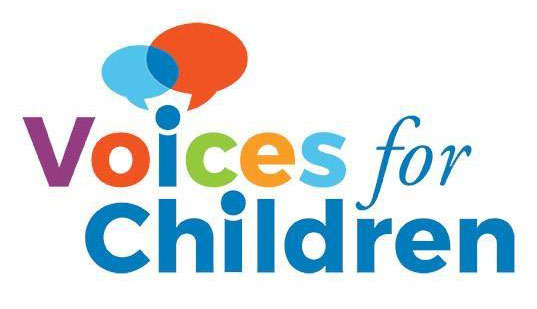

What is the mission of Voices for Children?
The CAC is a welcoming, child-centered facility that offers evaluation, support, and counseling services to children who have experienced harm or mistreatment, all in one place.
What is a Forensic Interview?
A Forensic Interview is a non-leading, objective conversation designed to obtain accurate information from a child. These interviews are conducted with children, adolescents, and individuals with disabilities who may be victims of a crime or witnesses to one.
What is an Extended Forensic Interview?
Interviews are conducted by specially trained, child-sensitive Forensic Interviewers with expertise in child development, child maltreatment, trauma-informed practices, and the investigative process. Our goal is to gather necessary information in a supportive, non-threatening environment. An extended forensic interview is a structured, multi-session approach. This model acknowledges that some children may need additional time to talk about alleged abuse and may include up to four interview sessions. Extended forensic interviews are typically considered for children with developmental differences or those who experience heightened levels of fear or anxiety.
Why Should I Bring My Child to Voices For Children?
Voices For Children works to ease the challenges a child may face by minimizing the number of times they need to discuss a sensitive matter. The CSC provides a safe, welcoming, and inclusive space and helps connect families with useful resources. It is a neutral environment dedicated to promoting the care and comfort of children and their caregivers.
